Writing Effective Content
We all want to be engaging, right?
I’ve found that business owners and managers often have a hard time turning their value proposition into words—and understandably so. Marketing is complex, and writing marketing copy is no exception. Here are a few tips to help you write with more confidence and effectiveness.
1. Engage
Don’t drone on robotically about the technical specifications of your business. You don’t want the presenter at your conference to talk to his shoes in monotone about something no one cares about. Instead, be considerate of your audience (or readers). You are passionate about every facet of your business. Not everyone will be. Make it about them, not just you or your business.
2. Benefits. Benefits. Benefits.
Your audience wants to know what’s in it for them. Transform all the details into a concise summary that displays the unique benefits of doing business with you. Your audience may not be (and probably are not) experts in your field, product, or service. Explain why you are the best choice, in terms that your mother or that guy you met at the superstore would understand. Your shovel handles are ¾ inch diameter carbon fiber blended with ISO-853 titanium alloy? (I entirely made that up, by the way.) Don’t let that phrase be your website headline or product introduction. Instead, say something about your shovels being “light as a feather so you can shovel longer” and “stronger than steel so it will last longer.” Then deeper in the content, you can provide more details while still emphasizing the benefits. Some people will care about these details, but most just want the benefits your product or service will provide.
3. Social Proof
Build credibility with customer reviews and quotes. Potential customers want to see that others have had success with your product or service. Ask some of your customers to write a testimonial or review. A photo, first name, and city of the reviewer are optional but helpful. Including their positive evaluation of your business can help persuade someone who may be on the fence. Don’t use doctored or overly generic testimonials. Besides being unethical, fake testimonials can adversely affect your credibility. Always ask for formal permission before using anyone’s personal information in your marketing.
4. Keep it Simple
Sure, you’re smart. But you don’t want to lose people with $10 words and phrases. Instead, target a 6th or 7th-grade reading level. Be concise and use simpler, action words. Avoid passive voice. You can still be creative while maintaining readability. We live in a distracted generation, and keeping your writing simple and to the point will ensure it is understood quickly and accurately.
5. Be Useful
Make your marketing content valuable to your audience. Examples include:
- Tips and tricks
- Educational articles (like this one)
- Use cases
- Fun and informative videos
- Frequently asked questions
- Insider information
If you sell seasonings or a food ingredient, include some delicious recipes. If you’re in a complex industry that your market doesn’t fully understand, demystify it through explainer videos or articles. The opportunities here are endless. If you use creative and relevant content on your website, it is much more likely to be noticed and shared. Who knows—you could be the next viral sensation.
BONUS | The Most Powerful Word in Marketing
You. Yes, you is a powerful word indeed. It is human nature to notice when someone is talking directly to us. Our conversations and relationships become more valuable when someone knows us well and cares about us. Think about your customers in this way. Be authentic and know your audience. Take the time to craft a helpful message that resonates with them. Make them feel like the perfect recipient of your product or service. This is the basis of effective marketing. Maybe even use the word you. Maybe.











